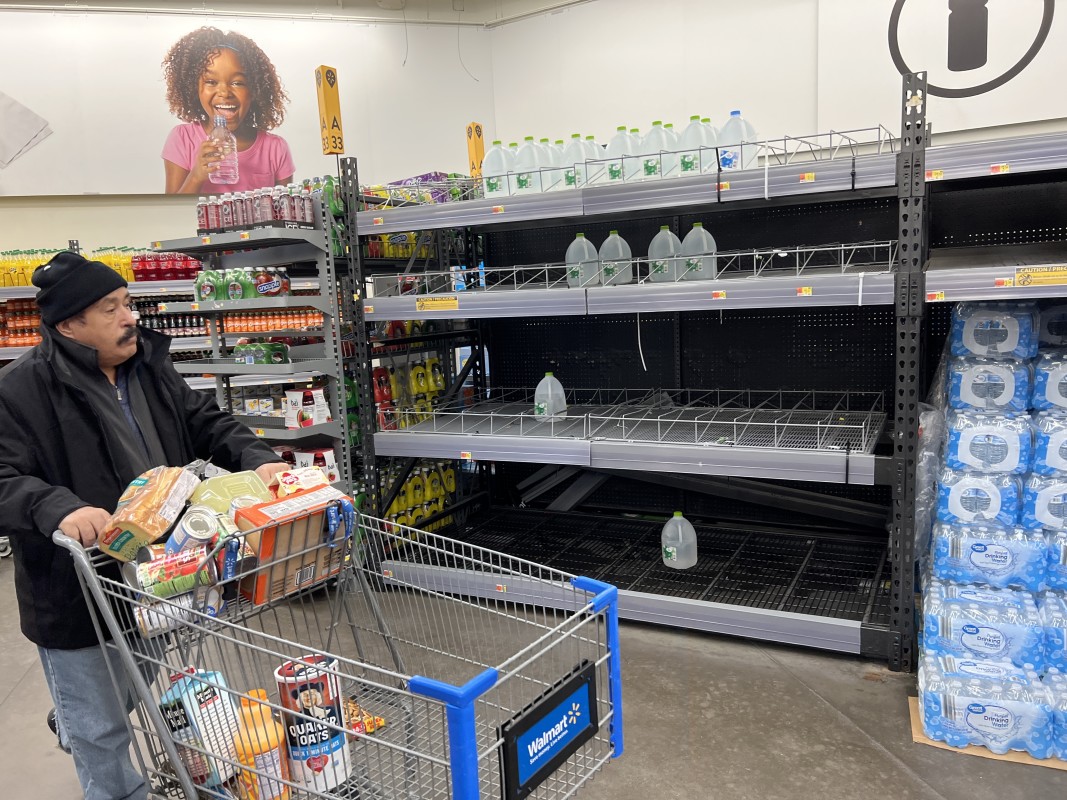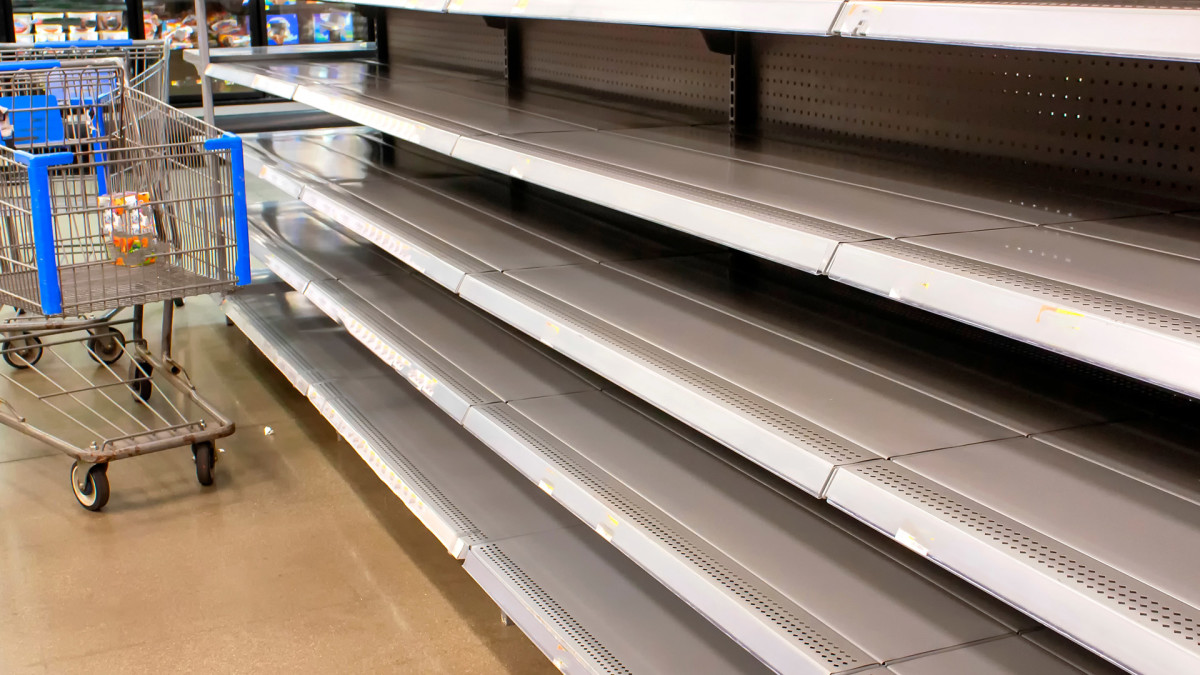
Consumers across the country are under a lot of stress. Inflation, lack of affordable housing, layoffs and natural disasters, are just a few of the many pain points that are hitting consumers’ wallets.
To add to the list of stressors, about 45,000 dockworkers went on a three-day strike at the East and Gulf ports earlier this week, which threatened product shortages and higher prices. The workers, who are members of the International Longshoremen’s Association union, hit the picket lines fighting for “a fair and decent contract” that includes wage increases.
Don't miss the move: Subscribe to TheStreet's free daily newsletter
The strike finally came to a stopping point on Oct. 3 after the union reached a tentative agreement with the United States Maritime Alliance on wages. However, negotiations will resume on Jan. 15, which is when the new contract expires, so “other outstanding issues” can be discussed.
Related: Walmart quietly tests self-checkout feature that can curb theft
In conjunction with the strike, the East Coast also felt the brunt of Hurricane Helene last week, which caused major damage in at least five different states. The category 4 hurricane has killed at least 223 people so far. It also left thousands of people without power and caused severe flooding in multiple cities.
While both of these challenges unfolded, consumers reverted back to what appears to be a comforting habit: "panic buying." When disaster strikes, American consumers have shown that they are capable of wiping store shelves clean of essential products such as toilet paper, water, paper towels, etc., as a way to prepare for the unknown.
Consumers are emptying the shelves of major retailers
Recently, many people have taken to social media to reveal that major retailers such as Walmart (WMT) , and its sister company Sam's Club, Costco Wholesale (COST) and others, are starting to have their shelves emptied by panicked consumers who have been fearing product shortages due to the dockworkers strike and the recent storm.
@sheisfame Stopped by Walmart for a few things and was shocked to find the shelves completely empty! 😱 With the port strike and hurricanes causing chaos, it’s like COVID shortages all over again but even worse. Thankful I stocked up last week. Y’all, this is serious—make sure you’re prepared! #PortStrike #HurricaneSeason #EmptyShelves #WalmartRun #BePrepared #SheisFame #FYP #Explore #Viral #Reels #supplychain #supplyshortage
♬ original sound - sheisfame
@briannagoins19 i just came for my weekly groceries 🫣 #2024 #strike #nofood #fyp #teamwork #endoftheworld #jesusiscoming #wow #nowater #tuesday #samsclub #groceries
♬ original sound - Outlaw📼👁️
The last time Americans resorted to panic buying was during the Covid-19 pandemic in 2020, when the nation was put on lockdown to slow down the spread of the Covid virus. As a result, physical and online retailers faced shortages of cleaning supplies, certain food items, and of course, toilet paper.

Shutterstock
Walmart responds to panicked customers
In response to the most recent episode of panic buying, a Walmart spokesperson said in an emailed statement to TheStreet that consumers should purchase products “week-to-week” as opposed to buying in bulk due to panic.
More Retail:
- PepsiCo’s plan to buy a popular brand draws threats from consumers
- Target makes bold clarification to return policy amid alarming trend
- H&M is the latest victim of an alarming shift in consumer behavior
“We have seen pockets of higher demand in some communities on items such as bath tissue and paper towels, especially in areas impacted by Hurricane Helene,” said the Walmart spokesperson. “We are keeping a close eye on product availability in stores and clubs and are working with our supply chain to help ensure customers can find the items they need. There is definitely no need to panic. Buying week-to-week rather than stocking up will be helpful to everyone.”
People who are panic buying essential items such as toilet paper due to fears of the strike’s impact should be aware of the fact that about 90% of toilet paper in the U.S. comes from domestic factories, meaning that the products are mostly distributed by rail or truck. Because of this, the strike, which is now over, shouldn’t have an impact on toilet paper supply.
Related: The 10 best investing books, according to our stock market pros







